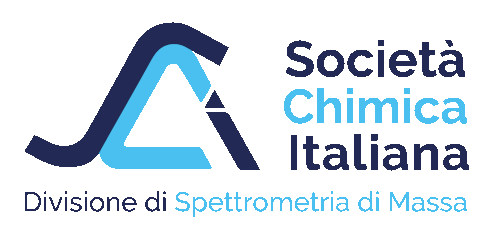School outline
In the last decade, mass spectrometry has had an impressive development and diffusion in many branches of science.
The number of installed instruments and people approaching mass spectrometry, mainly young scientists, are growing year by year: they design and carry out
experiments, and interpret the data.
Unfortunately, the widespread use of mass spectrometry is not accompanied by a corresponding spreading and reinforcing of its culture:
teaching of MS in the Universities is generally quite poor and there are no many valid occasions to enforce own culture in this discipline.
Given this background, the International School on Mass Spectrometry (IntSMS) is a six day full immersion school aimed to give advanced and
higher education in
mass spectrometry to graduate, PhD, post-doc students, and all those working in different areas of science,
ranging from physics, chemistry, biosciences, food, environment, omics sciences to medicine, interested to improve their knowledge and
culture in mass spectrometry.
The school will be also useful for allowing meeting, creating new links and networking among scientists coming from different countries.
The IntSMS - 2nd course is devoted to
Ion Mobility Mass Spectrometry (IMMS)
Fundamentals, Advances, and Applications
Ion mobility (IM) measurements have become an important technology in mass spectrometry that finds applications in many fields.
IMMS allows separation, characterization and differentiation of populations of ions according to their charge, shape, and size on a millisecond timescale.
Thus it is possible to investigate shape and conformation of ions having the same chemical formula, not differentiable by high resolution mass spectrometry,
such as protomers or folded and denaturated forms of a protein, or it can be used as an additional separation step, ....
The school is organized in:
a) Tutorial lectures (60-120 mins) aimed at presenting theory, instrumentation and applications of ion mobility mass spectrometry given by an international team of lecturers;
b) Poster sessions. Participants are encouraged to present a poster on their own research activity. Posters will be exhibited during the full period of the school to give the opportunity to those attending the school to go through;
c) Selected flash orals (10 mins each). Selected posters will be presented as flash oral communications to give participants the opportunity to present their work;
d) Exercises with the active participation of students in solving some exercises on matters presented in the lectures;
e) Problem solving in which participants present to the others and tutors problems encountered in their scientific activity receiving suggestions on how to try to solve them.
TopicsIon Mobility Mass Spectrometry: fundamentals & instrumentation
Collision cross section (CCS)
CCS calculations for structural analysis
Higher-order structural analysis: IMS-SID-MS, IMS-IMS-MS,
IMS-CIU-MS, and FT-IMS-MSMixtures and discovery: proteomics, glycomics, lipidomics, & metabolomics
Data analysis
Computational strategies: molecular modeling, machine learning and artificial intelligence
Structure and stability in solution: using gas-phase ions to characterize solution structures
Applications in different fields: food, drug, etc.
Commercial instrumentation
Innovation in instrumentation and methodologies
Social program
Welcome party Monday, Sept. 9th, 8:00 p.m.
Excursion to Marsala and Selinunte Guided Tour. Thu., Sept. 12th, 3:00-11:00 p.m.
Gala Dinner Thursday, Sept. 12th, 8:30 p.m.
Students of the IntSMS 2024 leave their mark! Friday, Sept. 13th, 9:15 p.m.


